Movie News, Movie Reviews, and Features With Your Time in Mind
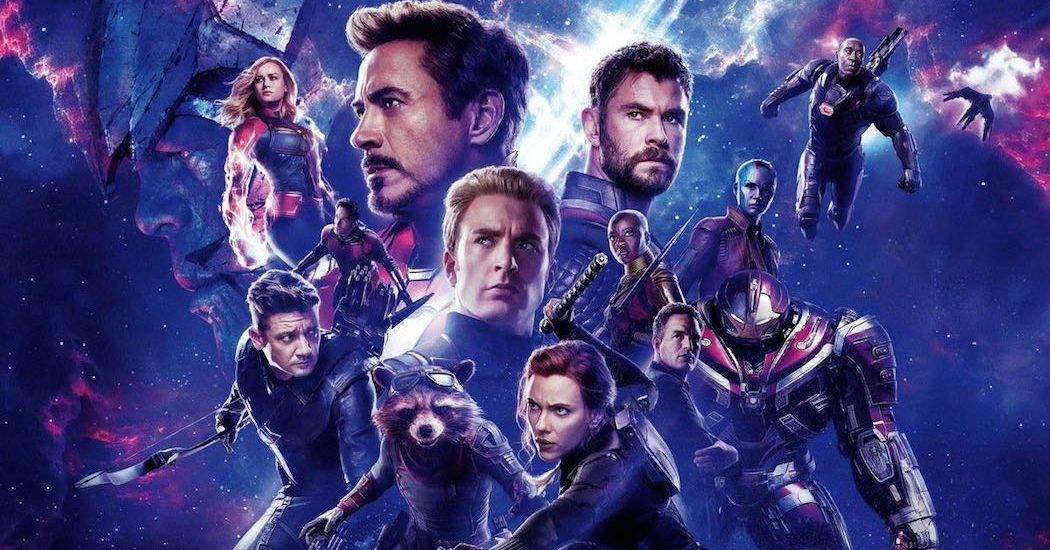
War, magic, a wasp, and comedy pepper Phase Three of the MCU, plus world-building, a spider-man, and a not-so-marvelous Captain Marvel, but Avengers: Endgame makes up for any pitfalls along the way to draw this MCU era to an end.
It’s happened, people. After 11 years and 22 movies, Marvel’s Infinity Saga has come to an appropriately spectacular conclusion. Before I dive into my thoughts on Avengers: Endgame, though, let’s revisit the nine movies that preceded it in Phase Three of the Marvel Cinematic Universe. Despite a couple of bumps in the road, Phase Three represents the MCU at its most confident.
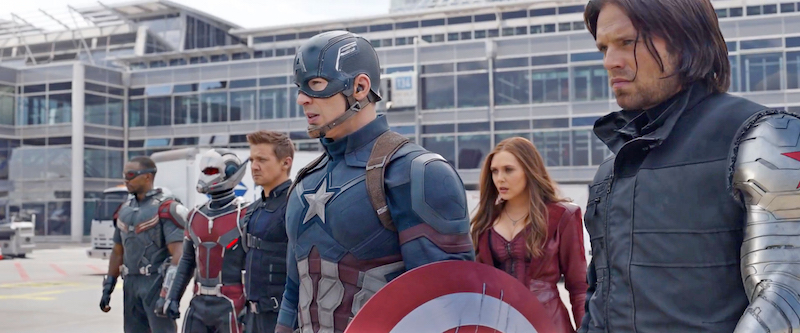
What a way to usher in the third phase of the MCU! Since the first Iron Man, this franchise has had a knack for making incredibly out-there concepts feel based in reality – nowhere is that more apparent than in perhaps Civil War. Somehow, a movie in which two of its supporting characters are a telekinetic witch and her robot boyfriend manages to feel grounded.
One of my favorite things about this entry is how it re-contextualizes previous events within the MCU. As fun as the climaxes of The Avengers and Age of Ultron are, the heroes alone cause a ridiculous amount of destruction throughout. The political ramifications of their adventures add a new layer to the proceedings. On top of that, Captain America: Civil War shows that each of its heroes – particularly Tony Stark and Steve Rogers – are still fallible.
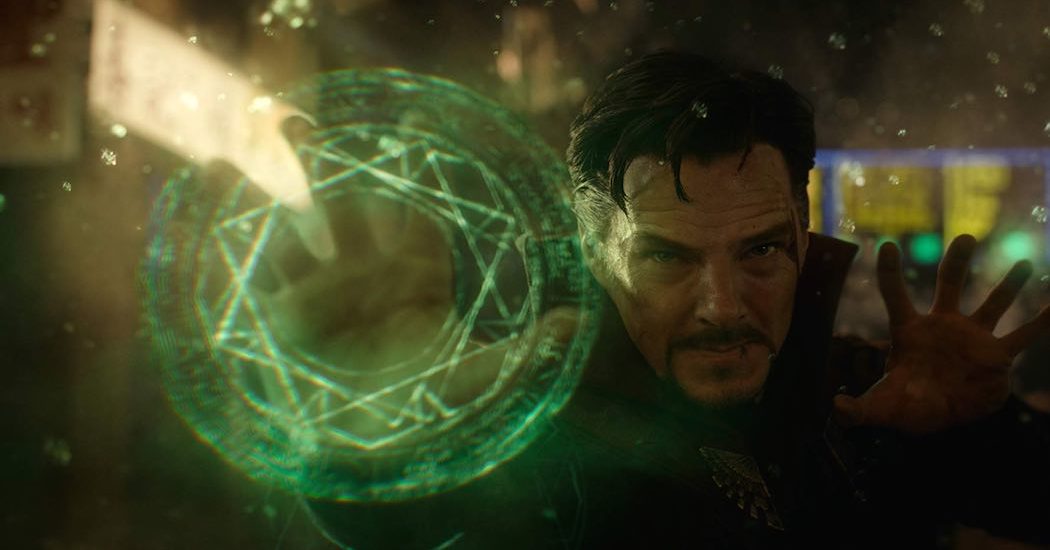
Considering how deep the MCU dove into its cosmic sandbox with Guardians of the Galaxy, it was only a matter of time before the idea of magic was introduced. Of all the Marvel Cinematic Universe Phase Three entries, Doctor Strange shares the most in common with its Phase One brethren – particularly Iron Man and Thor. This film offers yet another refreshing spin on the old, self-centered-jerk-becomes-a-hero-through-humility story.
The humor is hit-or-miss in Doctor Strange and the Stephen Strange character – despite the perfect casting of Benedict Cumberbatch – takes a little too long to warm up to. Indeed, he doesn’t truly come into his own until Avengers: Infinity War. Even so, the decent character work and mind-bending inventive set pieces make for a solid entry that ranks squarely in the middle of Marvel’s cinematic pantheon.
Rarely does my opinion of a movie improve so drastically after multiple viewings. I found myself conflicted after seeing Guardians of the Galaxy 2 for the first time. Although I was put off by some of the humor and Rocket’s diversion with Yondu and Groot, I was taken aback by how emotionally resonant personal journey of Peter. Virtually everything between him and Ego – played brilliantly by Kurt Russell – was more powerful than anything I’d seen in the first Guardians.
With each re-watch, though, the elements that bothered me so much initially progressively bothered me less and less, while the things I enjoyed stuck with me even more. Having revisited Guardians of the Galaxy 2 several times, it’s gotten to the point where things that I originally found unfunny to the point of being cringe-worthy are now downright hilarious. How often does that happen?
Prior to his debut in Civil War, Spidey had had a rough decade. Spider-Man 3 wasn’t exactly the trilogy finale that most fans were hoping for, and the Amazing Spider-Man reboot never quite took off. With Spider-Man: Homecoming, the filmmakers provided such a refreshing take on the character with its John Hughes-inspired sensibilities.
Piggybacking off of the themes of Civil War, this movie reframes the aftermath of The Avengers with its central villain. Unlike most of Spider-Man’s cinematic baddies, Michael Keaton’s Vulture isn’t a good-natured scientist who becomes corrupted by his own hubris. He’s an average, working-class citizen looking to provide for his family. And despite doing plenty of morally reprehensible things, I felt for the guy up to a certain point.
Outside of Loki and Ultron, the MCU had – up to this stage — struggled to provide great villains. Ego and Vulture, though, represent a nice shift in the studio’s priorities, as they’re proof that you can have a villain that’s just as compelling as their heroic counterpart.
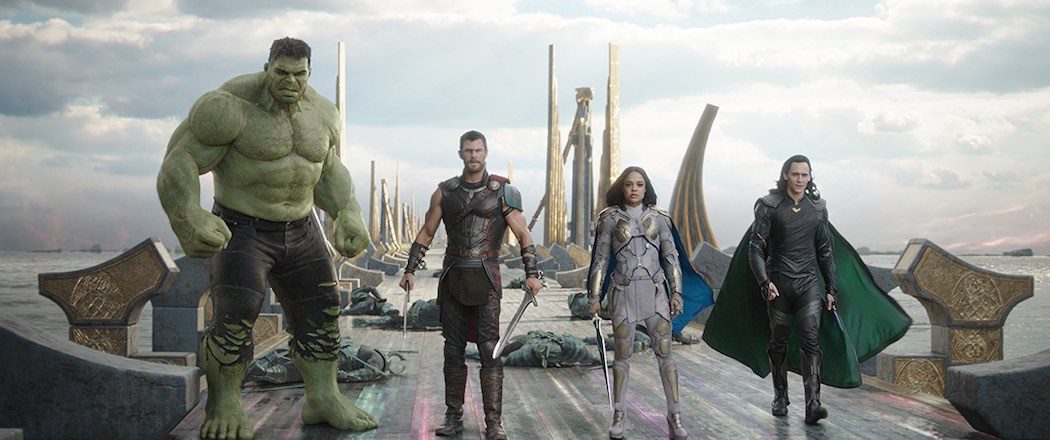
Following Thor: The Dark World, Thor and his sub-series needed a shot in the arm. Enter director Taika Waititi, whose brand of subversive humor is, in some ways, similar to James Gunn’s work on Guardians, yet largely unique to him. Ever since Phase Two of the MCU, I’ve been conflicted about this franchise’s use of humor, as it occasionally comes at the expensive of its dramatic weight.
Given Ragnarok’s particular DNA, though, the humor and drama blend together seamlessly. I mean, I don’t think it’s a stretch to call this a dark comedy, given that some of the MCU’s most devastating events occur throughout this movie. The fact that even I – someone who’s been pretty critical of the franchise’s use of humor – can laugh at the destruction of Asgard is a testament to what Waititi pulled off.
Part of what makes the MCU feel so rich and well-defined are the myriad smaller universes that inhabit the greater landscape. Just as Guardians of the Galaxy claimed its own corner of the sandbox, Black Panther boasts mythology that’s unique to T’Challa’s kingdom.
Speaking of the king himself, he’s instantly memorable thanks to the cool regality that Chadwick Boseman brings to the character. And similarly to the two villains that came before him, Michael B. Jordan’s portrayal of Erik Killmonger is layered and, up to a point, sympathetic.
Black Panther does stumble in a few notable places, though. Despite being kind of the emotional centerpiece of the story, Killmonger takes too long to properly join the party. The first act is primarily concerned with Andy Serkis, who, while fun as the scenery-chewing Klaue, doesn’t pack as much of a punch as Killmonger. Additionally, the action fails to pop in the same way as that of previous MCU outings, with the climax, in particular, coming across as messy.
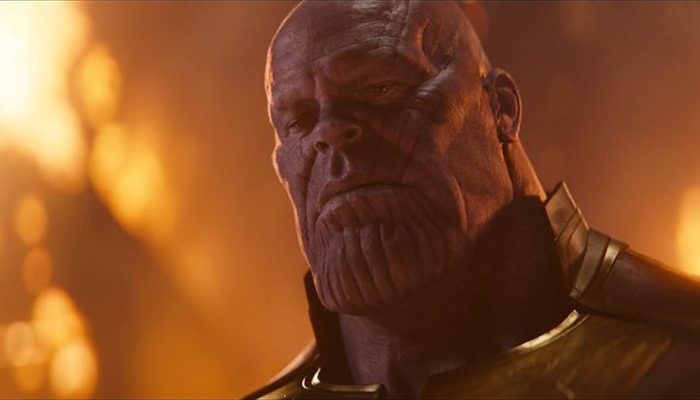
What more can I say about Infinity War? I wrote a whole feature about it being my favorite movie of 2018! In an unprecedented move for the genre, the Russo brothers opted to tell this story from the villain’s perspective. And, man, who better to spend this much time with! Next to Heath Ledger’s Joker, Thanos has got to be my favorite baddie of any superhero movie. Throughout his journey to obtain the six infinity stones, we see how his goals and motivations, while horrific, make sense to him.
Given just how many other characters are at play here, too, I’m still amazed by just how tightly edited this movie is. Like the two Avengers flicks before it, Infinity War should not work as well as it does. Narrative real-estate is allocated meticulously – so perfectly — that it’s hard to look at this as anything less than a miraculous achievement in blockbuster filmmaking.
So, how do you follow something like Avengers: Infinity War? Considering the devastating ending of Infinity War, the idea of a relatively light palette-cleanser sounds nice on paper. I mean, Ant-Man and the Wasp is certainly light and fluffy compared to Infinity War – don’t get me wrong. However, like the first Ant-Man, this one – up until its post-credits scene – feels disposable compared to the rest of the MCU.
Not every MCU flick needs to be the grandest story ever – I absolutely love Spider-Man: Homecoming’s comparatively neighborhood-sized scale, for instance. That said, Spidey’s latest solo outing had so much more heart to it than either of these Ant-Man movies. Again, they’re watchable, and Paul Rudd remains charming in the titular role, but they give off a little too much of that take-it-or-leave vibe of so many PG-13 comedies from the early 2000s.
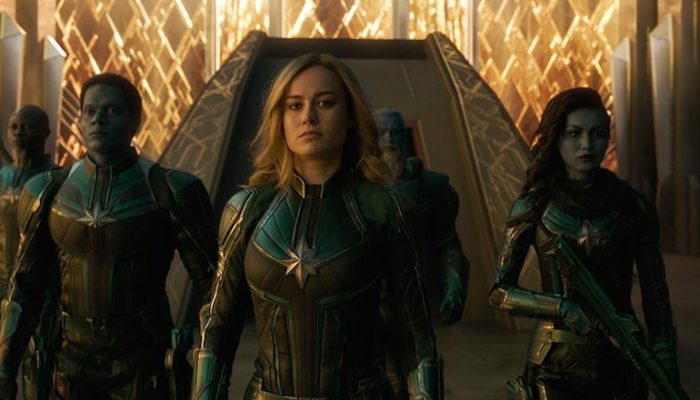
Up until this point, MCU films have – at worst – been passable. Even the two Ant-Man films have enough fun moments to make me say “OK, sure – I guess I’m glad I watched that.” Not the highest praise, I know, but Captain Marvel is this franchise’s first bad movie. Not an awful movie, but definitely the first MCU movie I kind of wish I hadn’t watched.
On top of retconning several key elements of the MCU for the worse, the movie is sloppily paced. So much could be forgiven, though, if I had been on board with the main character. Brie Larson has proven herself to be a terrific actress, but her portrayal of Captain Marvel is so monotonous that it really puts into perspective how much we take the likes of Robert Downey Jr., Chris Evans, and Chris Hemsworth for granted. These heroes need some semblance of charisma!
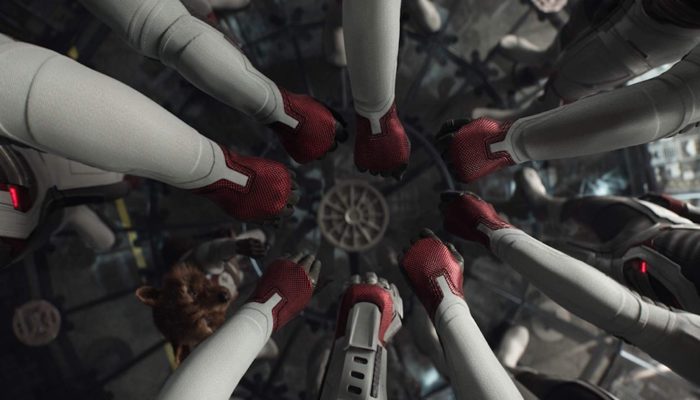
As much as I love Infinity War’s ending, I recognized – even at the time – that Thanos’ snap was effectively just a magic trick. What he did would somehow – someway – be undone. The emotional weight, of course, comes from our surviving heroes not realizing that. As such, the first hour or so of Avengers: Endgame is almost solely dedicated to them grappling with that and wallowing in despair – it’s absolutely delicious.
Once the “time heist” kicks into gear, though, this movie becomes a fan-service-laden – and I mean that in the best way – celebration of this entire franchise. With that being the case, one’s enjoyment of Avengers: Endgame could vary greatly depending on how invested a person is in the MCU. As someone who’s been on this train from the get-go – hell, I’m writing these articles, aren’t I? – I found myself grinning from ear to ear almost the entire time.
Almost the entire time. If the Russo brothers wanted to break me, they sure knew where to hit me where it hurts. As much as it pained me to see Black Widow, Iron Man, and Captain America’s stories come to an end, the way in which they ended felt fulfilling – so right.
In a world where nothing within the realm of pop culture ever really ends, Endgame boasts a refreshing degree of finality to not only Phase Three of the MCU but the entire first era. Of course, the MCU itself will continue – for decades to come, I’m sure – but this particular book is closed. And what a way to close it! Frankly, it’s the stuff movies are made of.
